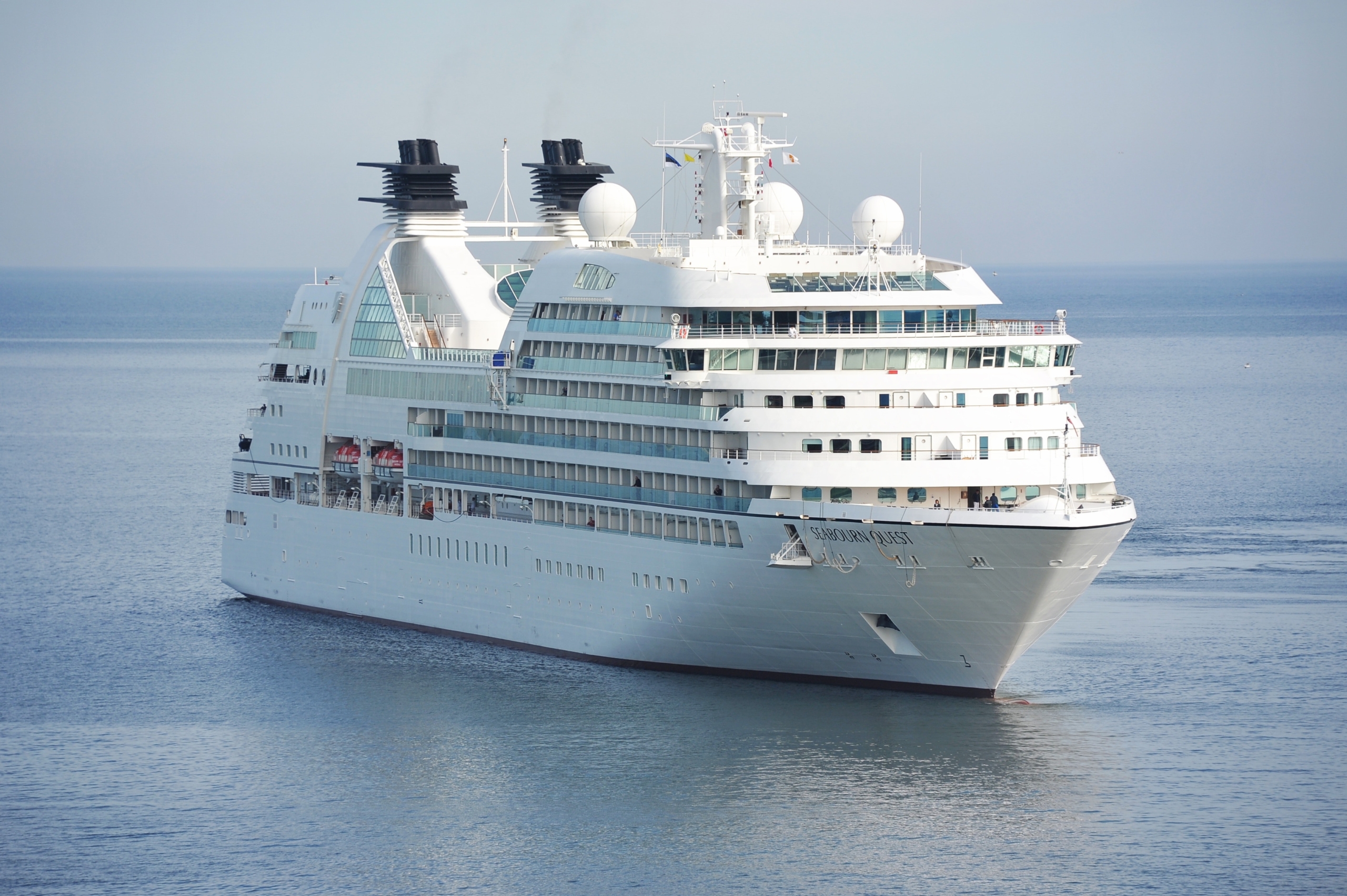The hospitality industry is at the top of the list of industries impacted by the ongoing COVID-19 crisis. With travel having largely come to a standstill, hotels, cruise lines, and airlines are all feeling the pinch and finding their footing in a world gripped by a global pandemic. The hospitality industry, however, like many other industries, has also begun to face COVID-19-related class actions.
A lawsuit filed on June 24, 2020 in the United States District Court for the Western District of Washington accuses cruise line Holland America and its parent company, Carnival, of exposing over one thousand cruise ship passengers to COVID-19 on a ship that sailed out of Argentina this past March. Plaintiffs claim that Holland America and Carnival were aware of the COVID-19 outbreaks that occurred on other cruise ships, including ships operated by Carnival subsidiary Princess Cruise Lines, and failed to take proper screening measures and other precautionary measures prior to boarding the ship on March 7, 2020. Plaintiffs also claim that after Defendants knew of a virus outbreak on the ship, yet they allowed passengers to gather in large groups for group events with no social distancing measures in place. This proposed class action lawsuit in Washington is one of a growing number of similar lawsuits filed in other jurisdictions across the country, including numerous recent lawsuits filed in the District of Florida against other cruise lines.
But passenger class actions are merely one type of class action that cruise lines are currently defending. On March 12, 2020, the first federal securities class action lawsuit related to COVID-19 against a cruise line was filed in the United States District Court for the Southern District of Florida against Norwegian Cruise Line. Plaintiffs claim that Norwegian told its staff to lie to prospective customers about the severity of the COVID-19 outbreak. Norwegian’s stock dipped by 50% when this was disclosed in numerous local news reports in Florida.
These lawsuits are merely an example of the types of class action lawsuits that are expected to be brought against the hospitality industry in the months and years ahead. In order to defend against the merits of these claims, the defendants may be able to point to the fact that both scientists and the public continue to constantly learn new information about COVID-19—even months after the outbreak began. The scientific community’s understanding of COVID-19 and the guidelines in place today are very different than those in place in March. The defendants, therefore, may have an argument that, under the circumstances that existed in March 2020, they acted reasonably based on the information available at the time. Additionally, the defendants may argue that COVID-19 is an airborne virus; therefore, determining how and where someone caught the virus is impossible. This may be difficult, however, if a plaintiff proves that her symptoms developed while she was on a confined cruise ship because there are fewer places where she could have become infected with the virus.
Further, to defend against the class allegations, the defendants may argue that a class action is not the proper means of litigating these cases, specifically claims brought by passengers, because individual questions predominate over issues brought by the class. The court may have a series of “mini trials” to decide whether to certify the case as a class action. Specifically, the court will have to assess each proposed class member’s personal medical history and the cause and extent of each individual plaintiff’s damages. However, even if individual determinations are necessary for damages, a court, in some jurisdictions, may still decide to a class action on liability-only, especially if it is adequately pleaded as an “issue-class.”
Cruise lines are not alone in having to prepare and respond to COVID-19-related class action lawsuits. As the entire hospitality industry tries to regain its footing in this changed reality, the industry is likely to face many class action lawsuits alleging both a failure to take proper measures at the outset of the pandemic as well as a failure to adequately protect customers and accurately represent the potential risks to customers as the industry re-opens. Businesses must prepare now and carefully consider potential legal exposure as they re-open their doors to customers in the days and weeks ahead.

